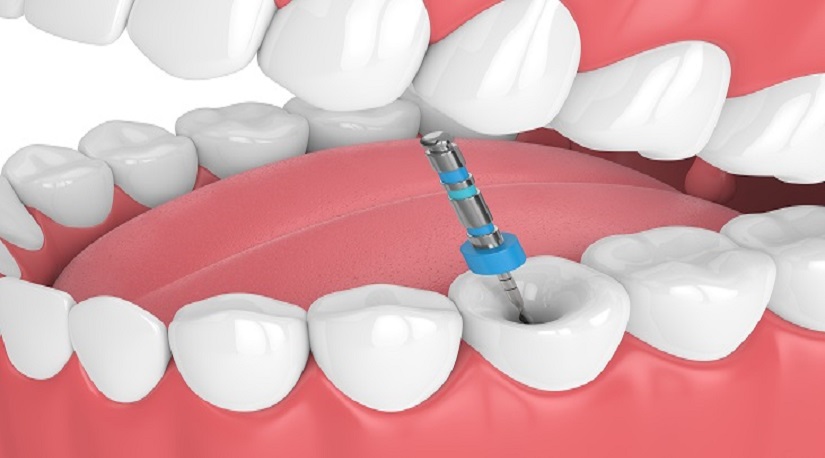
Root Canal Recovery
Root canals are a safe and effective way to take care of problems like chipped or decaying teeth. The procedure itself carries its own myths, many related to horror stories about recovery. In truth, it is no different than the periods of recovery associated with other invasive dental procedures such as soft tissue graft in New York. Before you go in for this important step in dental health, check out these questions you are sure to have about getting back to normal.
What’s The Usual Recovery Time?
Every patient is different, as is their medical concerns and special dental considerations. For that reason, it can be hard to gauge what the recovery time will be for your own root canal. An average patient with no underlying issues should expect a recovery to come in stages. While they can usually go back to work or school within a day or two, the pain itself will take more time to subside. With pain relievers and any other prescribed medication, any unease should pass over a week. If it does continue at an unbearable level, call the dentist or oral surgeon immediately.
Can I Eat Right After The Surgery?
Just like any oral surgery, it’s best to hold off on eating as long as possible. First, make sure the numbness has completely worn off to prevent missing any pain or sensations that could signal something is wrong. When it does wear off, try to focus on soft foods and liquid for a day or two. Great choices from this category include applesauce and yogurt; both can be eaten as you rest and still provide all the nutrients you need. Be wary of chewing on that side for a couple of days since you want the best chance at healing as possible.
Will I Be Asleep During The Procedure?
Most patients are surprised to learn that this procedure is done only with local anesthetic. The dentist or oral surgeon only uses a needle to deaden the area. There are some exceptions to this rile as patients that use sedation dentistry may need extra help to undergo the procedure. As always, it is best to ask your dentist or surgeon what to expect from this portion of the process and be sure they know any medical issues that might make sedation difficult or dangerous.
What If I Want To Pull The Tooth Instead
You might be in search of alternative options, but pulling a tooth is an extreme answer to the problem. In most cases, your dentist or oral surgeon will advise against pulling the tooth. Patients are surprised to learn that root canals are the best available option most of the time. It is also less painful and damaging to the gums to keep the tooth in its socket. Over time, having a tooth in place improves dental hygiene as it assists smiles in looking great. Of course, the final answer is yours alone but one that should never be made without fully knowing the pros and cons of what that decision might entail.